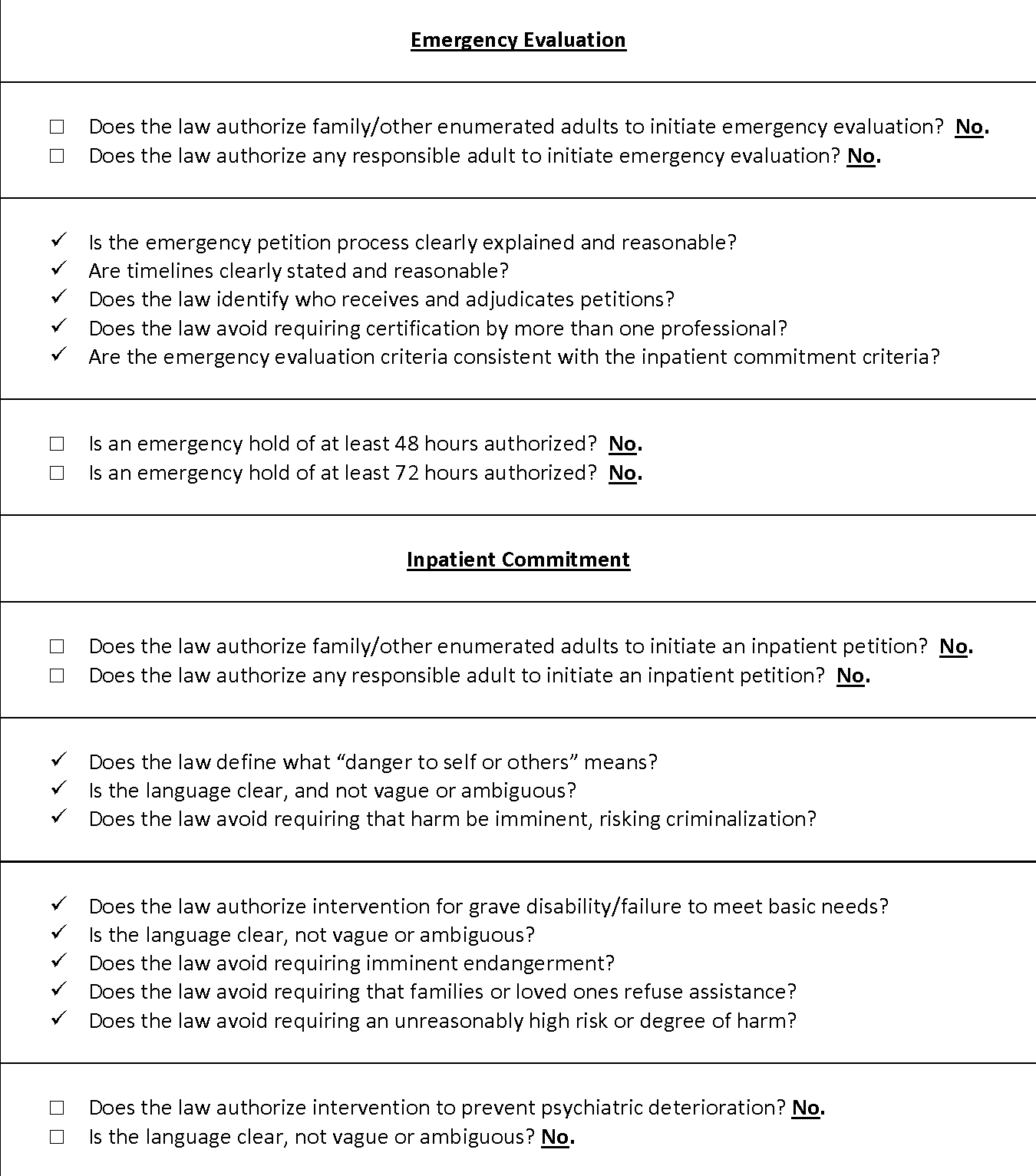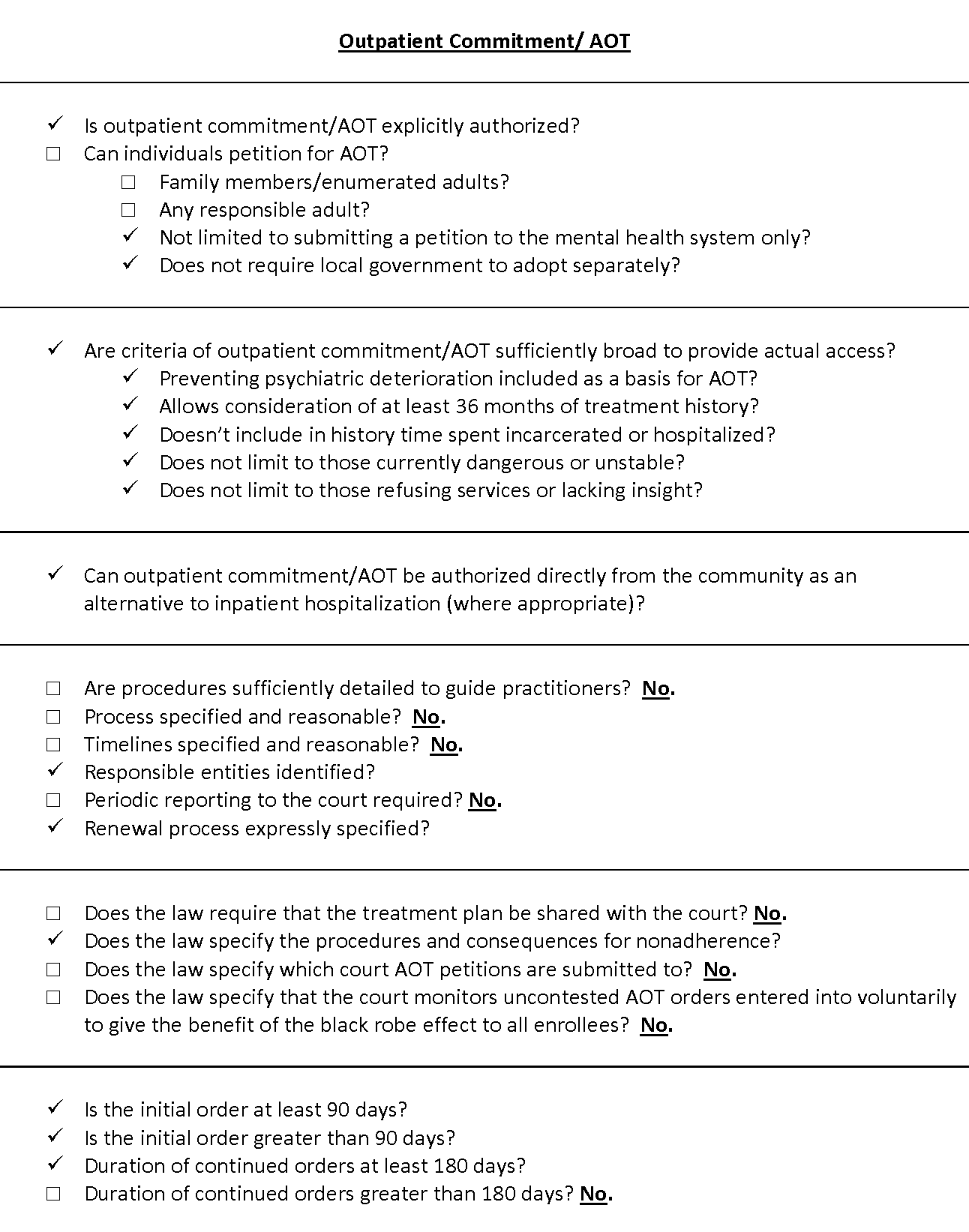Family Resources in Resources in Montana
- Montana Department of Public Health and Human Services (dphhs.mt.gov) Resources and contacts
- Montana Behavioral Health and Developmental Disabilities Division (dphhs.mt.gov) Information and treatment services locator
- Mental Health Resources in Montana (rtor.org) Nonprofit provides an online form for personalized assistance from a resource specialist
- NAMI Montana (namimt.org) Support groups, training, information
- Disability Rights Montana (disabilityrightsmt.org) Protection and advocacy for individuals with disabilities
- Homeless Information: Montana | U.S. Department of Housing and Urban Development (hud.gov/states/montana) Find help hotlines, financial assistance, foodbanks and shelters by city or county
- Montana Offender Search (app.mt.gov) Find an inmate in prison by name or DOC number
- Montana State Bar (montanabar.org) Legal Assistance
How many people in Montana have SMI?
individuals with severe mental illness.
individuals with SMI who receive treatment in a given year.
of the adult population is estimated living with a SMI in the United States.
State psychiatric hospital beds in Montana
2023 total beds: 174
- Civil beds: 120
- Forensic beds: 54
2023 beds per 100,000 people: 15.5
Click here for more information about state psychiatric hospital beds in Montana.
A minimum of 50 beds per 100,000 people is considered necessary to provide minimally adequate treatment for individuals with severe mental illness. Montana fails to meet this minimum standard.
For Additional Information
Data is a powerful tool to advocate for change. Curious about a specific data point in your state? Reach out to us at ORPA@treatmentadvocacycenter.org
Fast Facts on SMI in Montana
Deinstitutionalization, outdated treatment laws, discriminatory Medicaid funding practices, and the prolonged failure by states to fund their mental health systems drive those in need of care into the criminal justice and corrections systems.
18%
1,259
174
7 to 1
2021 Montana State Mental Health Agency's expenditures
Every state receives block grant funding from the federal government to provide mental health services to their community. Below is some information about how these dollars are spent and compares to other state spending.
$292,812,670
17%
$4,081
2.6%
Montana's Treatment Laws
MONT. CODE ANN. § 53-21-129(1). When an emergency situation as defined in 53-21-102 exists, a peace officer may take any person who appears to have a mental disorder and to present an imminent danger of death or bodily harm to the person or to others or who appears to have a mental disorder and to be substantially unable to provide for the person’s own basic needs of food, clothing, shelter, health, or safety into custody only for sufficient time to contact a professional person for emergency evaluation. If possible, a professional person should be called prior to taking the person into custody. (2) If the professional person agrees that the person detained is a danger to the person or to others and that an emergency situation as defined in 53-21-102 exists, then the person may be detained and treated until the next regular business day. At that time, the professional person shall release the detained person or file findings with the county attorney who, if the county attorney determines probable cause to exist, shall file the petition provided for in 53-21-121 through 53-21-126 in the county of the respondent’s residence. In either case, the professional person shall file a report with the court explaining the professional person’s actions. MONT. CODE ANN. § 53-21-102(7). “Emergency situation” means: (a) a situation in which any person is in imminent danger of death or bodily harm from the activity of a person who appears to be suffering from a mental disorder and appears to require commitment; or (b) a situation in which any person who appears to be suffering from a mental disorder and appears to require commitment is substantially unable to provide for the person’s own basic needs of food, clothing, shelter, health, or safety.
MONT. CODE ANN. § 53-21-121(1). The county attorney, upon the written request of any person having direct knowledge of the facts, may file a petition with the court alleging that there is a person within the county who is suffering from a mental disorder and who requires commitment pursuant to this chapter. **If the court relies exclusively on finding under § 53-21-126(1)(d), only outpatient commitment may be ordered. MONT. CODE ANN. § 53-21-126(1). The respondent must be present unless the respondent’s presence has been waived as provided in 53-21-119(2), and the respondent must be represented by counsel at all stages of the trial. The trial must be limited to the determination of whether or not the respondent is suffering from a mental disorder and requires commitment. At the trial, the court shall consider all the facts relevant to the issues of whether the respondent is suffering from a mental disorder. If the court determines that the respondent is suffering from a mental disorder, the court shall then determine whether the respondent requires commitment. In determining whether the respondent requires commitment and the appropriate disposition under 53-21-127, the court shall consider the following: (a) whether the respondent, because of a mental disorder, is substantially unable to provide for the respondent’s own basic needs of food, clothing, shelter, health, or safety; (b) whether the respondent has recently, because of a mental disorder and through an act or an omission, caused self-injury or injury to others; (c) whether, because of a mental disorder, there is an imminent threat of injury to the respondent or to others because of the respondent’s acts or omissions; and (d) whether the respondent’s mental disorder, as demonstrated by the respondent’s recent acts or omissions, will, if untreated, predictably result in deterioration of the respondent’s mental condition to the point at which the respondent will become a danger to self or to others or will be unable to provide for the respondent’s own basic needs of food, clothing, shelter, health, or safety. Predictability may be established by the respondent’s relevant medical history. MONT. CODE ANN. § 53-21-127(7). Satisfaction of any one of the criteria listed in 53-21-126(1) justifies commitment pursuant to this chapter. However, if the court relies solely upon the criterion provided in 53-21-126(1)(d), the court may require commitment only to a community facility, which may include a category D assisted living facility, or a program or an appropriate course of treatment, as provided in subsection (3)(b), and may not require commitment at the state hospital, a behavioral health inpatient facility, or the Montana mental health nursing care center. MONT. CODE ANN. § 53-21-102(9)(a). “Mental disorder” means any organic, mental, or emotional impairment that has substantial adverse effects on an individual’s cognitive or volitional functions.

MONT. CODE ANN. § 53-21-127(7). Satisfaction of any one of the criteria listed in 53-21-126(1) justifies commitment pursuant to this chapter. However, if the court relies solely upon the criterion provided in 53-21-126(1)(d), the court may require commitment only to a community facility, which may include a category D assisted living facility, or a program or an appropriate course of treatment, as provided in subsection (3)(b), and may not require commitment at the state hospital, a behavioral health inpatient facility, or the Montana mental health nursing care center.

Recommended updates to treatment laws
- 1
Amend Mont. Code Ann. § 53-21-129(1) to authorize citizen right of petition for at least enumerated citizens, preferably any responsible adult, for emergency evaluation
- 2
Amend Mont. Code Ann. § 53-21-129(2) to extend duration of emergency hold to a minimum of 72 hours
- 3
Amend Mont. Code Ann. § 53-21-121(1) to authorize citizen right of petition for at least enumerated citizens, preferably any responsible adult, for inpatient commitment
- 4
Add psychiatric deterioration criteria or amend grave disability criteria to include it
- 5
Amend Mont. Code Ann. § 53-21-121(1) to authorize citizen right of petition for at least enumerated citizens, preferably any responsible adult, for outpatient commitment
- 6
Amend Mont. Code Ann. § 53-21-127(8) in order to (1) provide additional procedural detail, including timelines, (2) require periodic reporting to the court, and (3) include a requirement that a written treatment plan be submitted to the court
- 7
Amend Mont. Code Ann. § 53-21-128(1)(d) to extend duration of continued outpatient order beyond 180 days
- 8
Adopt express procedures for the court to monitor uncontested AOT orders entered into voluntarily to give the benefit of the black robe effect to all enrollees
